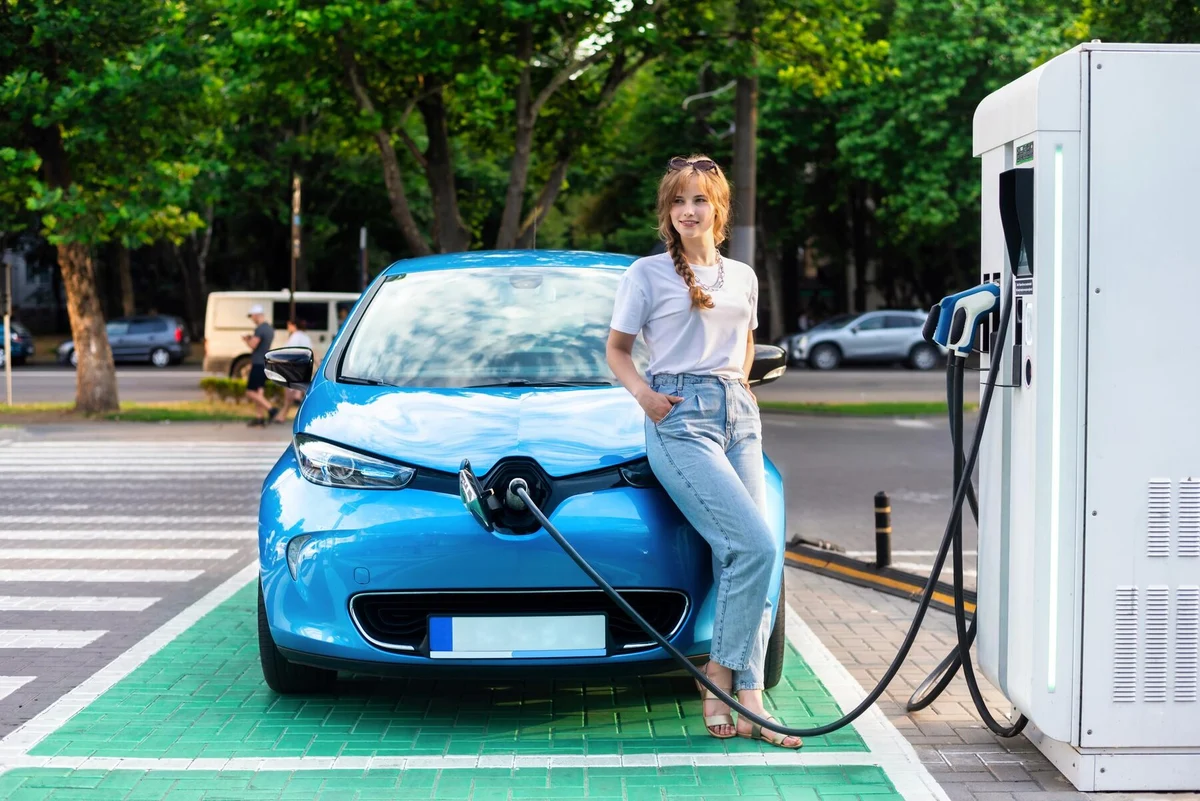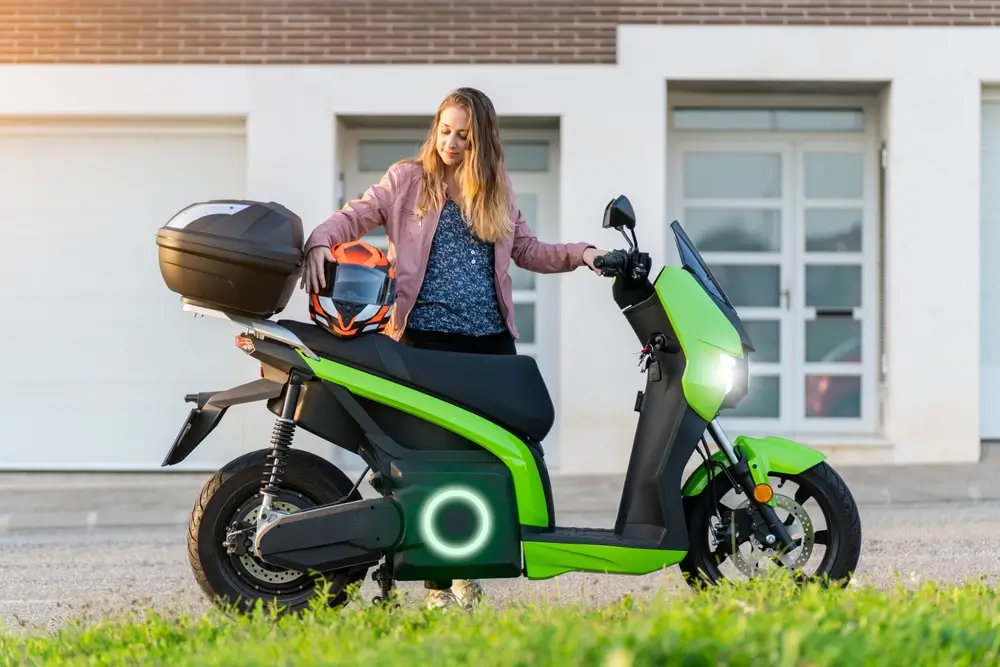India’s transportation scene is undergoing a significant change, driven by the rise of lithium-ion (Li-ion) batteries. These modern batteries are powering the growth of electric vehicles (EVs), especially e-bikes and e-rickshaws, which are helping tackle city mobility issues and environmental impacts. Indian lithium battery manufacturers are leading the charge towards a cleaner and more sustainable future.
Redefining Efficiency with E-Bikes
Traditional bicycles offer a healthy and environmentally friendly way to get around urban areas. Yet, they come with some drawbacks like needing physical effort and limitations on comfortable travel distances. E-bikes, using lithium-ion batteries, effectively tackle these issues.
- Enhanced Range and Reduced Weight
Lithium-ion (Li-ion) batteries give e-bikes a much longer range than traditional options, letting riders travel farther without worrying about running out of battery. Moreover, their lighter weight makes e-bikes easier to maneuver and handle.
- Enhanced Performance and Sustainable Options
Li-ion technology enhances the riding experience, offering smoother rides and better performance compared to traditional pedal-powered options. This makes e-bikes a popular choice for daily commuting, especially in busy urban areas. Moreover, e-bikes using Li-ion batteries produce no tailpipe emissions, contributing to cleaner air and a greener transportation solution.
Electric Rickshaws: Driving Sustainable Urban Mobility
Electric rickshaws (E-rickshaws) have become a crucial transportation choice in Indian cities, offering a budget-friendly and readily available alternative to traditional taxis and rickshaws. However, their reliance on lead-acid batteries imposes certain limitations.
- Improved Efficiency and Durability
Li-ion batteries have revolutionized e-rickshaws by significantly enhancing their performance. These advanced batteries allow e-rickshaws to travel longer distances on a single charge and tackle inclines more efficiently than ever before.
Moreover, Li-ion batteries offer an extended operational lifespan compared to conventional lead-acid alternatives. This reduces replacement costs for drivers and minimizes downtime.
- Environmental Sustainability and Operational Advantages
Li-ion batteries play a crucial role in promoting environmental sustainability by eliminating the emissions linked to traditional fuel-powered vehicles. This advancement not only helps protect our environment but also improves the overall experience for both passengers and pedestrians alike.
Furthermore, the reduced maintenance needs and longer battery life of Li-ion technology enhance operational efficiency for drivers, directly influencing their earning potential.
Enhancing Business Advantage: Thriving in a Clean Mobility Ecosystem
The advent of Li-ion technology in India’s transportation sector offers compelling possibilities for businesses:
- Expansion in the Clean Mobility Market:
The market for electric bikes and electric rickshaws powered by Li-ion batteries is prepared for significant growth. Companies involved in manufacturing, distributing, and servicing these vehicles, batteries, and charging infrastructure are likely to see substantial benefits from this trend.
- Opportunities for Investment:
The clean mobility industry is seeing a lot of investment interest. Companies have opportunities in manufacturing, research & development, and services to tap into this growing market.
- Promoting Sustainability:
Adopting Li-ion technologies enables erickshaw lithium ion battery manufacturers to contribute to a cleaner and more ecological future for India. This not only improves their corporate image but also fulfills the growing consumer demand for eco-friendly solutions.
Concluding Remarks
Lithium-ion batteries offer a convincing solution to promote a cleaner and sustainable transportation sector in India. Embracing this technology can help address environmental challenges, stimulate economic growth, and establish India as a leader in the global shift toward better mobility.



